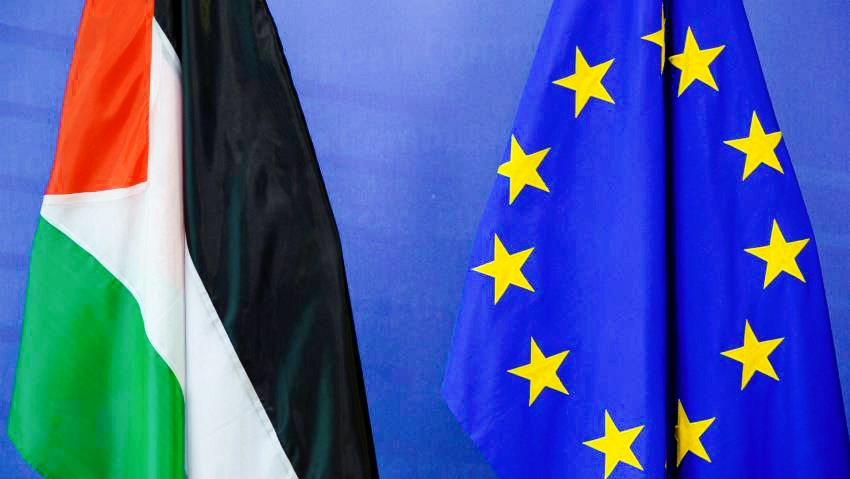In a move reflecting the growing European concern over the Israeli military escalation in Gaza, more than 209 former European diplomats, including 110 ambassadors and 25 high-level directors, sent an open letter to European Union institutions urging immediate and decisive action to stop military operations and respect international law.
According to a report published by the British newspaper "The Guardian", the signatories included prominent names who held sensitive positions such as Alain Le Roy, former Secretary-General of the European External Action Service, and Carlo Trojan, former Secretary-General of the European Commission.
The letter emphasized that the EU's hesitation or silence threatens its credibility on both international and domestic fronts.
The diplomats stressed in their letter nine concrete options that the EU could adopt, including suspending arms export licenses to Israel, imposing trade restrictions on goods and services coming from illegal settlements, and preventing European data centers from receiving or processing information related to Israeli activities in Gaza and the West Bank.
They clarified that if a collective stance cannot be reached, member states should act individually or in small groups.
For his part, Sven Kühn von Burgsdorff, the former EU representative in the Palestinian territories and one of the initiative's leaders, stated that the letter "reflects widespread discontent within European institutions," pointing out that an increasing number of former diplomats and officials believe that "the time has come to act" after the humanitarian crisis in Gaza has worsened.
The signatories warned of the loss of credibility of European governments among their peoples, citing opinion polls in Germany, which is considered one of Israel's traditional supporters, showing that 80% of Germans oppose the current situation in Gaza, while two-thirds of the population want their government to adopt a stricter stance.
These moves come amid widespread international criticism of Israel for bombing hospitals and civilian centers in Gaza, resulting in hundreds of casualties, including journalists, doctors, and patients, which has increased pressure on European governments to take clearer positions toward Tel Aviv, amid a clear disparity between the official EU positions and public opinion within the European continent.

